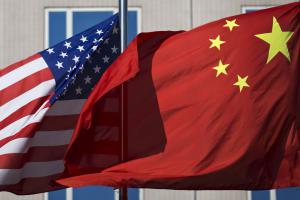Where Is the Outcry Over Children Killed by U.S.-Led Forces?
Scientific American
 Estimating civilian casualties of U.S. military operations is extremely difficult . . . “There was essentially no record kept in Afghanistan and Pakistan for a few years of any U.S.-caused civilian casualties, and most especially the killing of children" . . . “the harm to children in war is also indirect--morbidity and mortality due to the destruction of infrastructure which impairs delivery of medical care, makes drinking water unsafe, and makes food scarce.”
Estimating civilian casualties of U.S. military operations is extremely difficult . . . “There was essentially no record kept in Afghanistan and Pakistan for a few years of any U.S.-caused civilian casualties, and most especially the killing of children" . . . “the harm to children in war is also indirect--morbidity and mortality due to the destruction of infrastructure which impairs delivery of medical care, makes drinking water unsafe, and makes food scarce.”










Spread the word